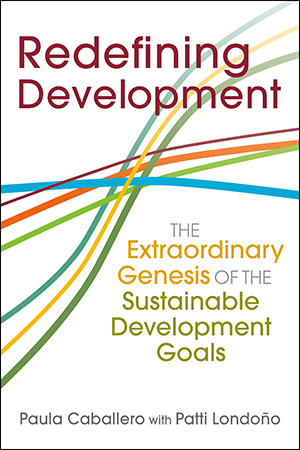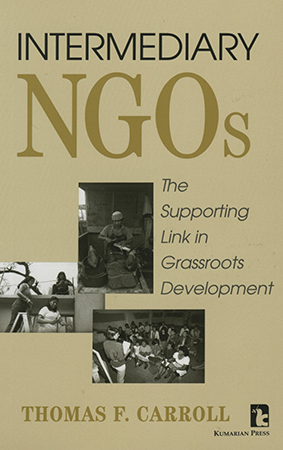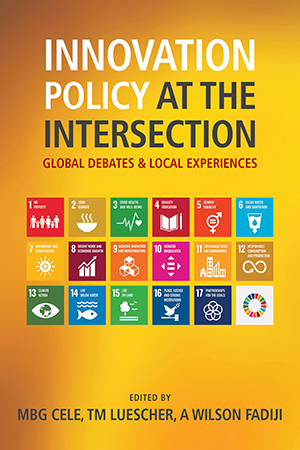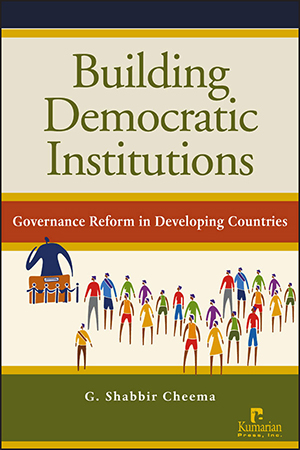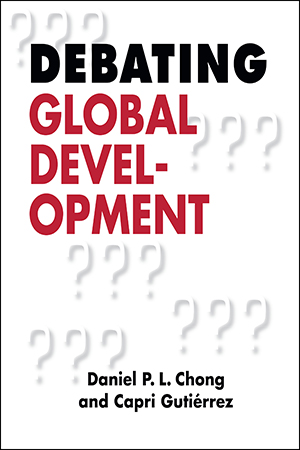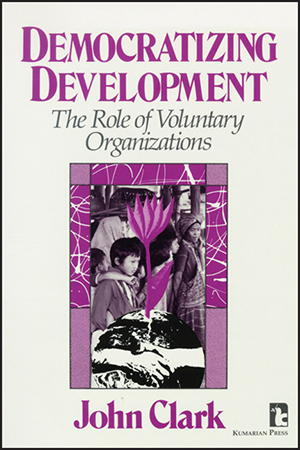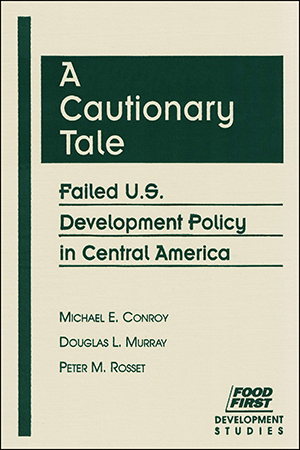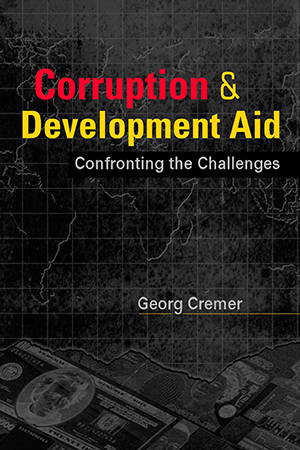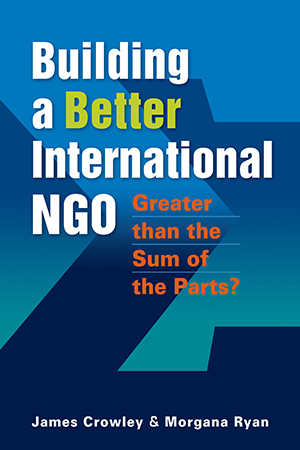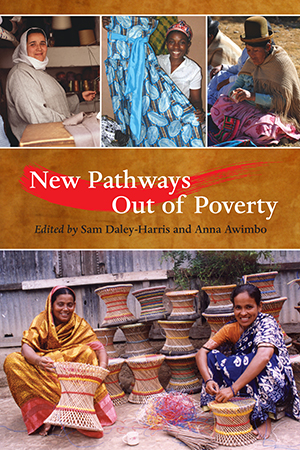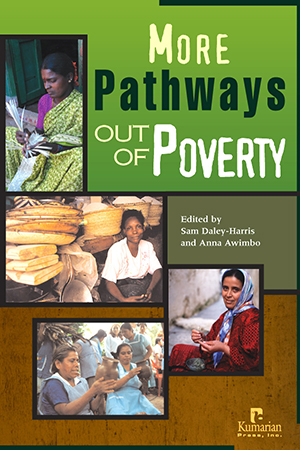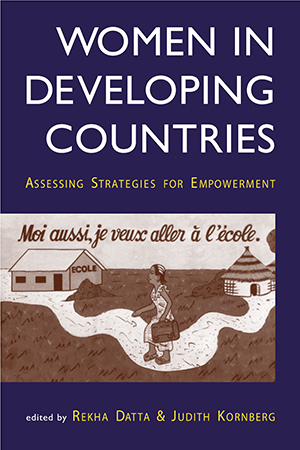Development Studies
This extraordinary first-person story of what can be achieved through informal diplomacy traces the improbably successful struggle to achieve acceptance of the Sustainable Development Goals More >
Thomas Carroll presents a clear, accurate picture of the role and impact of NGOs in developing countries, along with case studies from Chile, Costa Rica, and Peru. More >
As countries around the world find themselves grappling with sociotechnological shifts—the Fourth Industrial Revolution—science, technology, and innovation policy (STI) is at the More >
Bridging the gap between theory and practice, Shabbir Cheema draws on a wealth of case studies from around the world to clarify the links among governance, democracy, and human development More >
Although global development and the alleviation of poverty are universal goals, experts frequently disagree heatedly about how to achieve them. The debates go on: Is liberalization the best More >
John Clark explores increasingly important role that both Northern and Southern NGOs play in efforts to assist the poor in achieving development, democracy, and justice. More >
Neither structural adjustment policies, nor industrialization, nor traditional agricultural exports have led to sustained economic growth and social equity in Central America. Seeking to More >
Although corruption has always been a quietly recognized aspect of development aid programs, the taboo against openly discussing it is only now being widely overcome. Georg Cremer More >
In the wake of tremendous growth in the size and scope of their activities, as well as the increased complexity of their programs, how can large international NGOs work effectively—so More >
The multilateral banks are powerful forces in the international community, providing loans of more than $250 billion to developing countries over the last half-century. The best-known of More >
Famine, Conflict, and Response is a practical guide to finding lasting solutions for famine and world hunger. Frederick Cuny's innovative economic approach to countering famine revolves More >
New Pathways Out of Poverty explores the current state of the microfinance industry and highlights some of the field's major challenges and achievements. The authors examine innovations More >
More Pathways Out of Poverty, the follow-up to 2002's Pathways Out of Poverty and the companion book to the 2006 Global Microcredit Summit, explores new and revolutionary practices in More >
Housing Microfinance, a comprehensive overview of housing microfinance worldwide, provides solid guidance for both international and domestic microfinance institutions that are considering More >
For decades, researchers and policymakers have examined the impact of development programs on women—and evidence of sustained gender discrimination has inspired local, national, and More >



